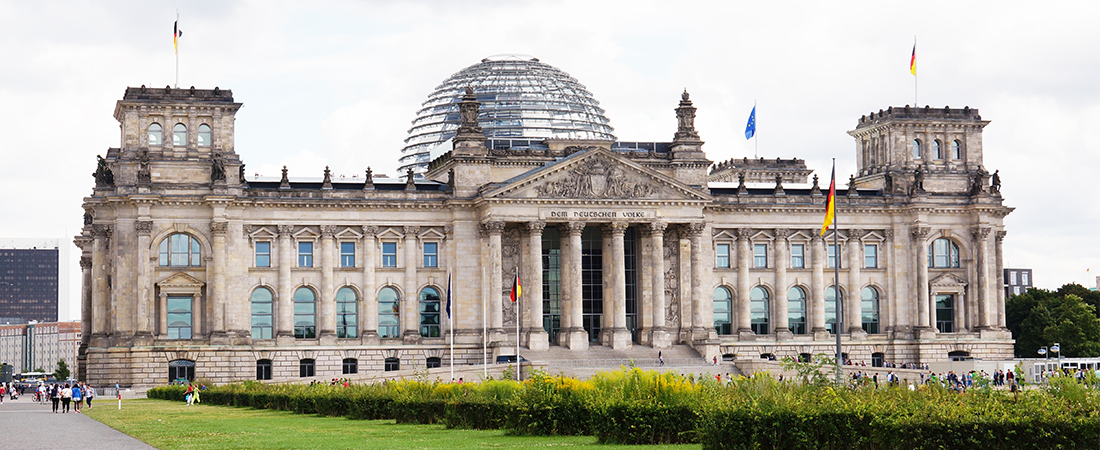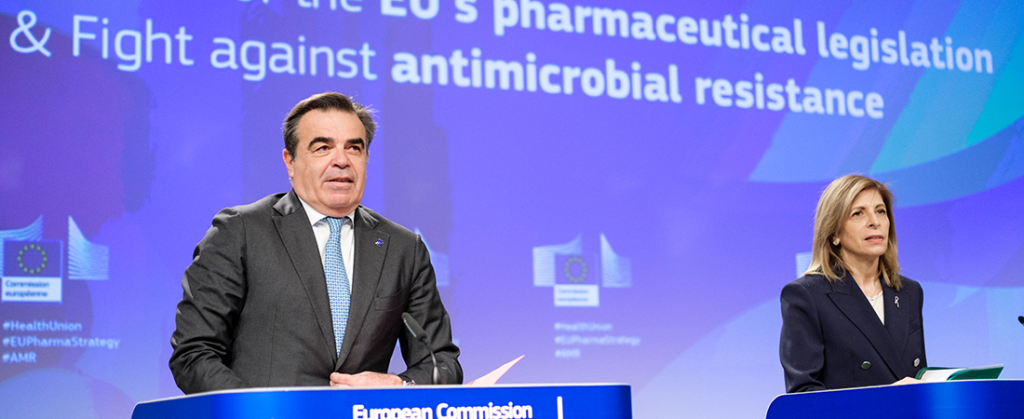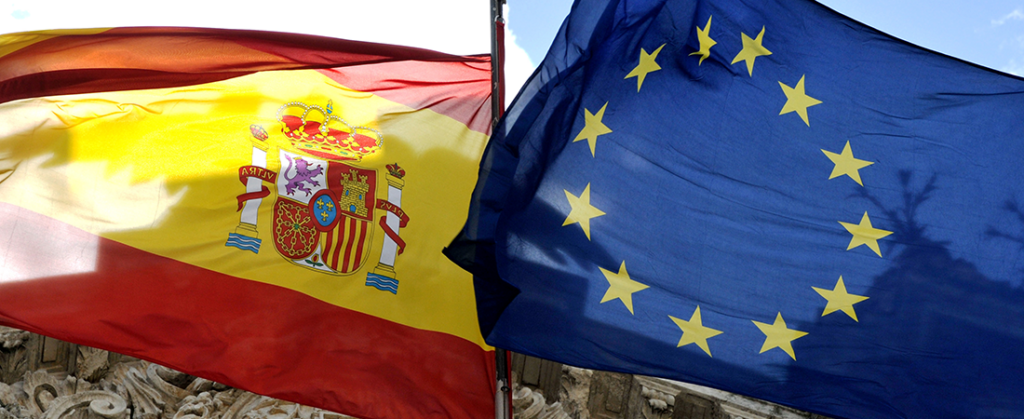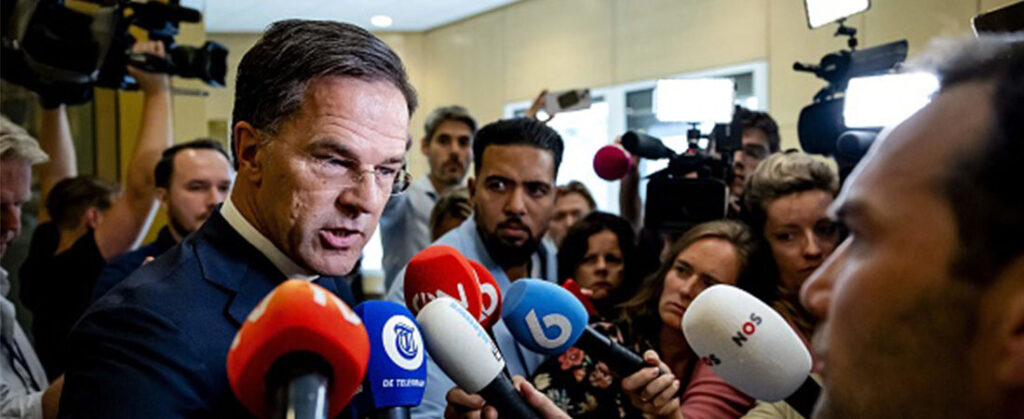There is a lot of talk and writing about what will happen in Germany after the federal elections on September 26. Who will govern the country? The only thing that is clear is that it will be a coalition of at least two, but probably three parties. This is very likely to be an alliance that has not yet been seen at the federal level. However, in recent years very different government constellations have been tested in the state capitals, so what we are facing in Berlin is not going to be entirely new.
I would like to venture a forecast of what is possible or likely after the election.
A new grand coalition (GroKo) is not attractive for either the SPD or the CDU (and certainly not for the latter as a junior partner). It would probably not have a majority in Parliament either.
A GroKo with the support of the FDP (Liberals) or the Greens to achieve a majority is currently rather unlikely. It would be the last option before new elections, if all more plausible constellations, i.e. “Traffic light” or “Jamaica” coalition (see details below), were to fall through.
Other coalitions with only two alliance partners, so-called Red-Green, Black-Green or Black-Yellow, are virtually out of the question. There will be no majority for them by a wide margin.
That leaves a government led by either the SPD or the CDU/CSU. And it will almost certainly be a three-party coalition, which makes negotiations even more difficult.
Red-Red-Green: Presumably, there would be no majority for this in the Bundestag. And even if this coalition were mathematically possible, parts of the SPD and Greens would have great problems working together with the Left in government.
Red-Yellow-Green (“Traffic light”): Mathematically quite possible and probably the coalition with the largest majority in the Bundestag, if the fringes (Left and AfD) remain excluded from the government.
Black-Yellow-Green (“Jamaica”): This coalition would also probably have a majority of seats, albeit perhaps a narrow one.
It will therefore probably come down to the “Traffic light” or “Jamaica”, and it is quite possible that both options will be pursued in parallel for a while.
What these two constellations have in common is that they need both the Greens and the FDP.
But it is precisely these two parties that have clear differences on core issues. Both would therefore have to give up positions that they have so far vigorously defended. That will be difficult for them. The larger alliance partner, i.e. SPD or CDU/CSU, would have an easier time, because the two “people’s parties” have programs that are less clear-cut.
The FDP is clearly more inclined towards an alliance with the CDU; the Greens, on the other hand, see their policies as easier to implement with the SPD. The fact that the Greens will very likely get more votes than the FDP will hardly matter, because both are equally needed to form a government.
In a CDU-led government with the participation of the FDP, the Greens risk having their policies marginalized. The conservative-economically liberal wing of the CDU will be stronger and more influential after Merkel’s departure than in previous years. So by shaking off the unloved coalition together with the SPD, the CDU/CSU’s policies could slide a bit to the right again. This makes cooperation with the FDP easier, but becomes a problem for the Greens.
Conversely, the FDP will ask itself how many liberal positions it can push through in a “marriage” with the SPD and the Greens. The answer is clear – rather few.
Both the Greens and the FDP will therefore be in the spotlight after the election. There will be interesting debates in both parties.
It cannot therefore be ruled out that a situation will arise that is unique for Germany so far; a minority government (which would hardly survive for 4 years), or new elections after a long period of ultimately inconclusive negotiations.
The only alternative to this, should the “Traffic Light” or “Jamaica” not be possible because either the Greens or the FDP cannot jump over their shadow, would then be a new grand coalition with only one of these two parties as a third force. However, a grand coalition involving the FDP would be torpedoed by large sections of the SPD; conversely, many CDU politicians and members would reject cooperation with the SPD and the Greens.
It’s going to be interesting for Germany, and thus also for Europe!





